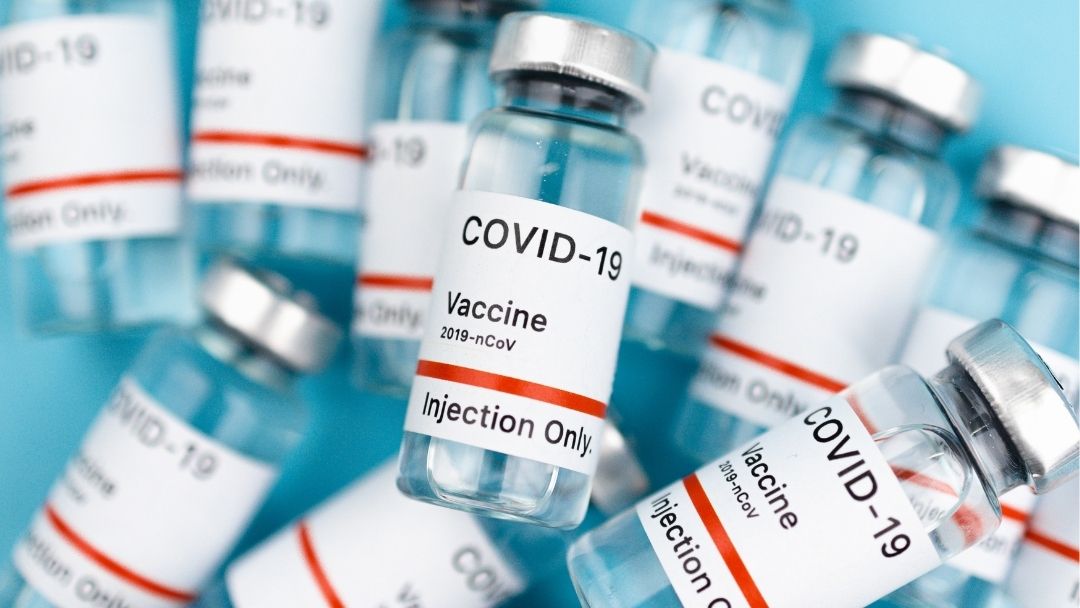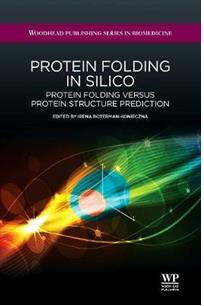AI
Vaccine R&D: AI works miracles

Med research, biotech, care, as a driver of new AI? Indeed. Over the past few months, this effort has expanded from forecasting, outbreak science, and diagnostics, to treatment and vaccine. The leap in R&D lead time, quality, and cost — a sci-fi just a year ago — is fueled by AI permeating the labs and test sites of Pfizer-BioNTech, Moderna, AstraZeneca, as well as startups AI-infused from day one. Welcome to the in-silico era and its new business logic, measuring lead time in minutes instead of years.
As Harvard Business School Digital Initiative put it three months ago: “…even the traditionalists in pharma have changed course and started to infuse AI into their established business as they see their younger biotech peers, who have long invested in AI, forge ahead rapidly” , “…contributions from all players — traditional big pharma and cutting-edge AI-powered biotechs — will be necessary” , then quoting the CEO of Flagship Pioneering “We follow a fundamentally different logic than that of drug development in big pharma. The mRNA we use for our COVID-19 vaccine functions like a software instruction manual, telling the body how to produce its own drugs.”
Three decades ago, I discussed the importance of information mining and smart IT systems with key persons in the Swedish Fund for Research Without Animal Experiments (and contributed ever since, thinking: if not IT workers themselves, who else would donate?) Gradually, the industry got the point: in-silico R&D won terrain in Europe and North America, improving (along with animal welfare) even lead time, cost, accuracy, and repeatability of experiments, in addition to simulations. Like a pilot backtracks repeatedly from a fatally wrong belly landing in flight simulators until he/she gets it right, a med/vet student can backtrack from a fatally wrong cut in a belly operation in surgery simulators, and this advantage is magnified by the spread of collaborative robotic surgery far beyond NASA (especially in laparoscopy).

The race against time during the Covid pandemic boosted the AI wave throughout the vaccine R&D pipeline including vaccine design and fast tuning or redesign to tackle mutations of a virus; Billy Sisk, Rockwell Automation life sciences, lists five key stages that lead to the launch of a new, effective, and safe vaccine; AI saves time in each stage:
1. Exploratory: shortlisting the most promising vaccine candidates among thousands of substances, and researching immune response. AI: accurately analyzing vast libraries of for example, properties of thousands of pharmaceutical compounds, and filtering out candidates. Also, DNA sequencing based on complex human data.
2. Pre-clinical R&D: pinpointing relevant antigens to arrive at a concept and design. AI/deep learning: in-silico tests at an unprecedented huge scale (before involving test patients) to find and sample antibodies to fight infectious diseases.
3. Clinical: vaccinating test groups of varying characteristics. AI/visualization tools: test planning and monitoring, e.g. to cover marginal cases where a patient may react badly to treatment.
4. Regulatory: verification of vaccine safety and compliance with regulations (AI: likely, pattern matching, NLP, information mining etc. similar to regulatory authorities in other domains).
5. Manufacturing: quality assurance, preparation for mass distribution, logistics. AI: real-time decisions on capacity, optimum packaging solutions, sensor-indicated misalignments demand-supply, preventing the risk of products being spoiled in distribution.
Now, let’s take a look at three whose vaccines received EU approval early on.
Moderna’s top management saw the power of AI in pharma, as well as the edge that biotech’s gain from digitizing from start, and digitized its operations throughout. The strategic vision was to architect Moderna as the “first truly digital biotech company,” not for the sake of digitization but for generating data. Lots of structured data came in useful in for example, research and pre-clinical production. ML from the data leads to algorithms that help build the next generation of medication, which in turn leads to more data, in a virtuous cycle. This enables predictions that (quote) “humans wouldn’t be able to make in a reasonable time frame”.
AstraZeneca is currently embedding data science and AI across R&D to enable the scientists to redefine medical science and push its boundaries. As AstraZeneca’s Data Science & AI R&D VP Jim Weatherall puts it, “to transform the way we discover and develop new medicines – turning yesterday’s science fiction into today’s reality.” Data science and AI are at work helping to interpret data and to analyze up to two million genomes during the next five years, to reveal the secrets of disease in our genes. AI can help discover potential drug candidates likely to become new medicines, and transforms the lengthy process of detailed scientific research, synthesizing, and testing thousands of molecules to achieve the right drug properties. AI enables scientists to rapidly generate and rank novel ideas for molecules, using predictions based on large available data sets. In the chemistry lab of tomorrow, it speeds up the cycles of generating, analyzing and testing.
“Through AI, we have the potential to transform medicinal chemistry, augmenting traditional drug design with sophisticated computational methods to predict what molecules to make next and how to make them” (Werngard Czechtizky, Head of Medicinal Chemistry R&D, respiratory & immunology, BioPharmaceuticals).
Pfizer is using AI, automation, and predictive analytics to streamline and simplify the development of medicines. Big data can be collected and analyzed with great precision, reducing the risks of error and accelerating the development process. Remote data collection including wearables and mobile apps makes it convenient for people to participate in clinical trials. BioNTech and InstaDeep launched an AI innovation lab in London and Mainz for next-generation vaccines and biopharmaceuticals, three months ago. You might remember InstaDeep as for example, one of the partners of London-based DeepMind (winner of the CASP14 protein-folding challenge).
BioNTech sees “a significant opportunity at the intersection of AI and immunology by computational design of new precision immunotherapies.” It underpins BioNTech’s strategy to leverage AI/ML and advanced analytics, to support the discovery and development of novel immunotherapies based on InstaDeep’s tech platform. It will advance initiatives across drug discovery and design, protein engineering, manufacturing and supply chain optimization. This lab adds InstaDeep’s advanced AI to BioNTech’s deep domain expertise and access to a variety of internal and external datasets. One of the key research areas of the BioNTech-InstaDeep joint lab will be the development of next generation vaccines and biopharmaceuticals.
Summing up: Fingers crossed! The industry-wide wave of AI and ML enables RNA-vaccine vendors to catch up with the spread of Covid-19, and to cope with its known and unknown mutations, while hitting extreme deadlines. That said, the entire industry, as well as patients, will also benefit from new industry logic, fast reliable in-silico R&D, and AI-infrastructure, for many years after the final defeat of the Covid virus.
Stay safe!
Milan’s courses:
AI, Architecture, and Machine Learning
Agile Architechture Fundamentals
(on demand: Modular Product Line Architecture )
(on demand: Avancerad objektmodellering med UML )
Nyckelord: science, covid, vaccine